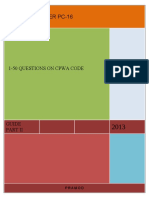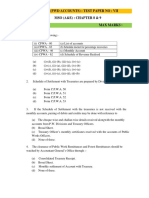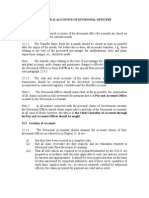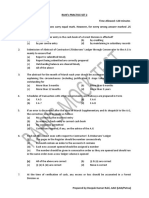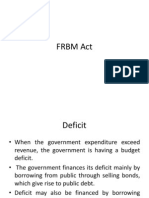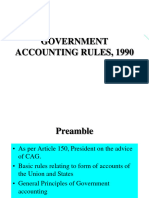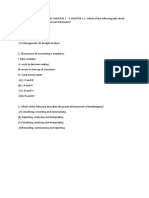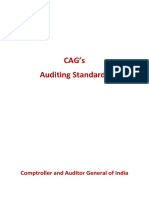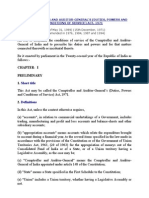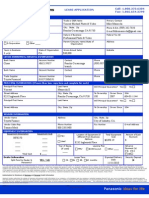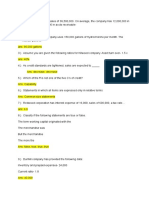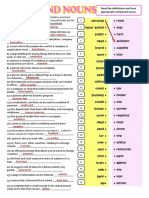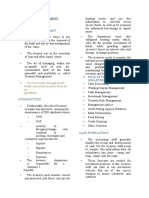0% found this document useful (0 votes)
668 views9 pagesCpwa Code - Suspense Accounts
This document provides information on various suspense accounts used in public works accounting in India. It discusses the Minor Head "Suspense" under functional budgeted major heads involving expenditure on works. It explains the sub-heads under this minor head and how transactions are recorded. It also discusses specific suspense accounts like the Material Purchase Settlement Suspense Account (MPSSA) and how materials received and payments made are recorded in this account. Finally, it covers aspects like stock accounts, transactions recorded under various sub-heads, and procedures for omnibus transfer entry orders.
Uploaded by
kuldeepCopyright
© © All Rights Reserved
We take content rights seriously. If you suspect this is your content, claim it here.
Available Formats
Download as DOCX, PDF, TXT or read online on Scribd
0% found this document useful (0 votes)
668 views9 pagesCpwa Code - Suspense Accounts
This document provides information on various suspense accounts used in public works accounting in India. It discusses the Minor Head "Suspense" under functional budgeted major heads involving expenditure on works. It explains the sub-heads under this minor head and how transactions are recorded. It also discusses specific suspense accounts like the Material Purchase Settlement Suspense Account (MPSSA) and how materials received and payments made are recorded in this account. Finally, it covers aspects like stock accounts, transactions recorded under various sub-heads, and procedures for omnibus transfer entry orders.
Uploaded by
kuldeepCopyright
© © All Rights Reserved
We take content rights seriously. If you suspect this is your content, claim it here.
Available Formats
Download as DOCX, PDF, TXT or read online on Scribd
/ 9

